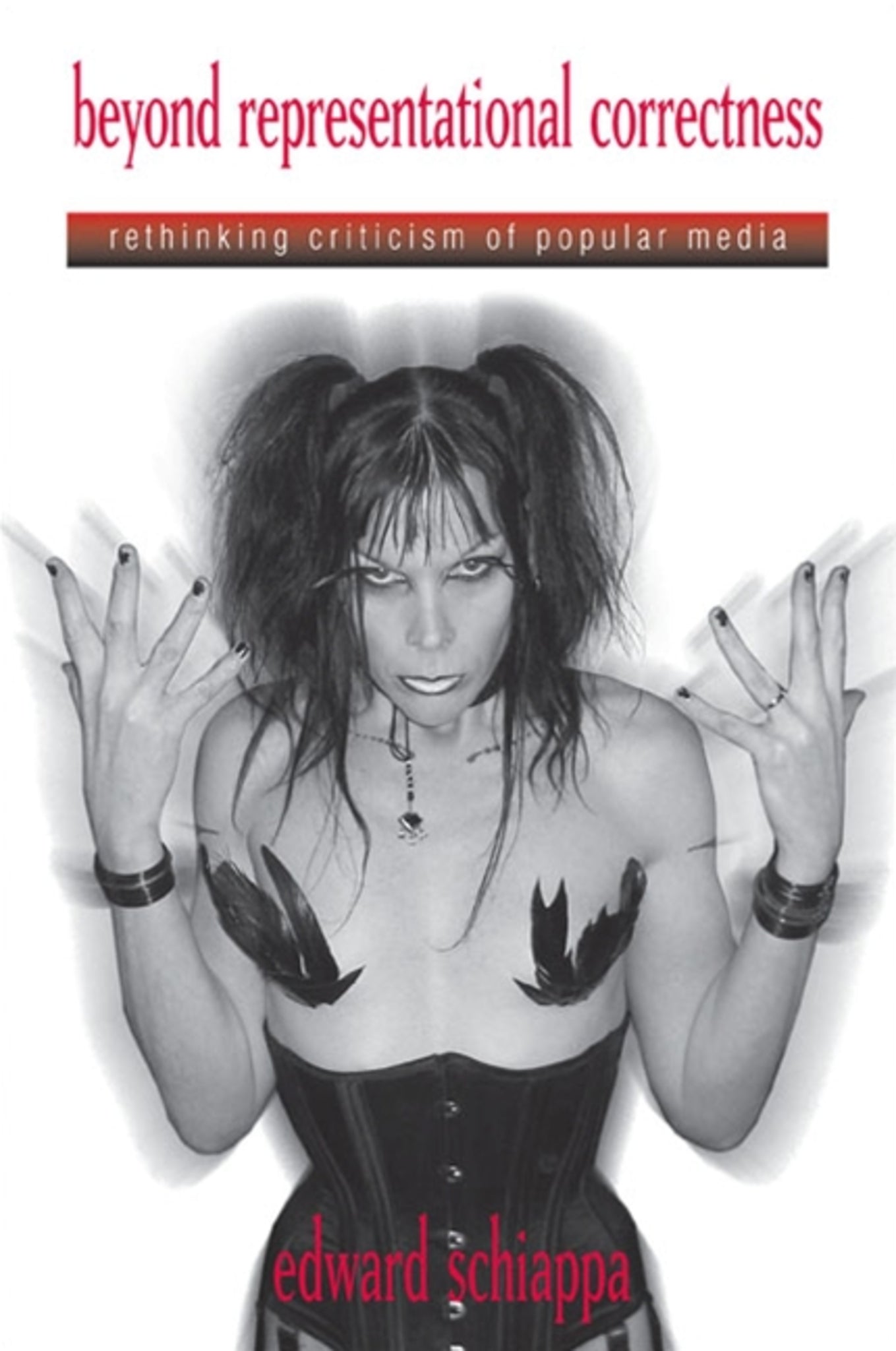We're sorry. An error has occurred
Please cancel or retry.
Beyond Representational Correctness

Some error occured while loading the Quick View. Please close the Quick View and try reloading the page.
Couldn't load pickup availability
- Format:
-
27 March 2008

Argues that representational correctness can cause critics to miss the positive work that films and television shows can perform in reducing prejudice.
Representational correctness describes an implicit set of norms, including accuracy, purity, and innocence, that guide much of popular media criticism. In this provocative book, Edward Schiappa argues that representational correctness is unproductive, antagonistic to audience research, and typically disconnected from relevant social psychological or mass communication theories. Analyzing criticisms of such television shows as Will & Grace and Queer Eye for the Straight Guy, Schiappa argues that the norms of representational correctness can cause critics to miss the positive work such shows perform in reducing prejudice. He contends that too many critics focus on isolated scenes or interactions that perpetuate a stereotype without considering the larger work that films and television shows can accomplish. Schiappa concludes that pop culture critics need to engage in more audience research, draw from relevant research in social psychology, praise positive representations and programming, and promote critical media literacy in both classroom and public pedagogy.


"Whether or not you agree with Edward Schiappa's central argument that media studies should move toward multimethodological approaches that incorporate social science measures into audience analysis to broaden its scope, it is difficult to deny that conventional textual analysis has sometimes been limited by problems related to representational correctness. Schiappa raises important questions for critical media studies and offers provocative answers." — Mary M. Dalton, coeditor of The Sitcom Reader: America Viewed and Skewed
Acknowledgments
PART I. Provocations
1. The Impossible Dream of Representational Correctness
2. The Argumentative Burdens of Audience Conjectures
3. The Phenomenal Text of Will & Grace: Revisiting the Text/Audience Divide
PART II. Interventions
4. Learning from Television: The Parasocial Contact Hypothesis
5. Context Matters: Antifeminism in Michael Crichton’s Disclosure
6. Quitting "Man": Masculinity, Film Criticism, and Pedagogy
PART III. Conclusions
7. Beyond Representational Correctness: Five Suggestions
Notes
References
Index



